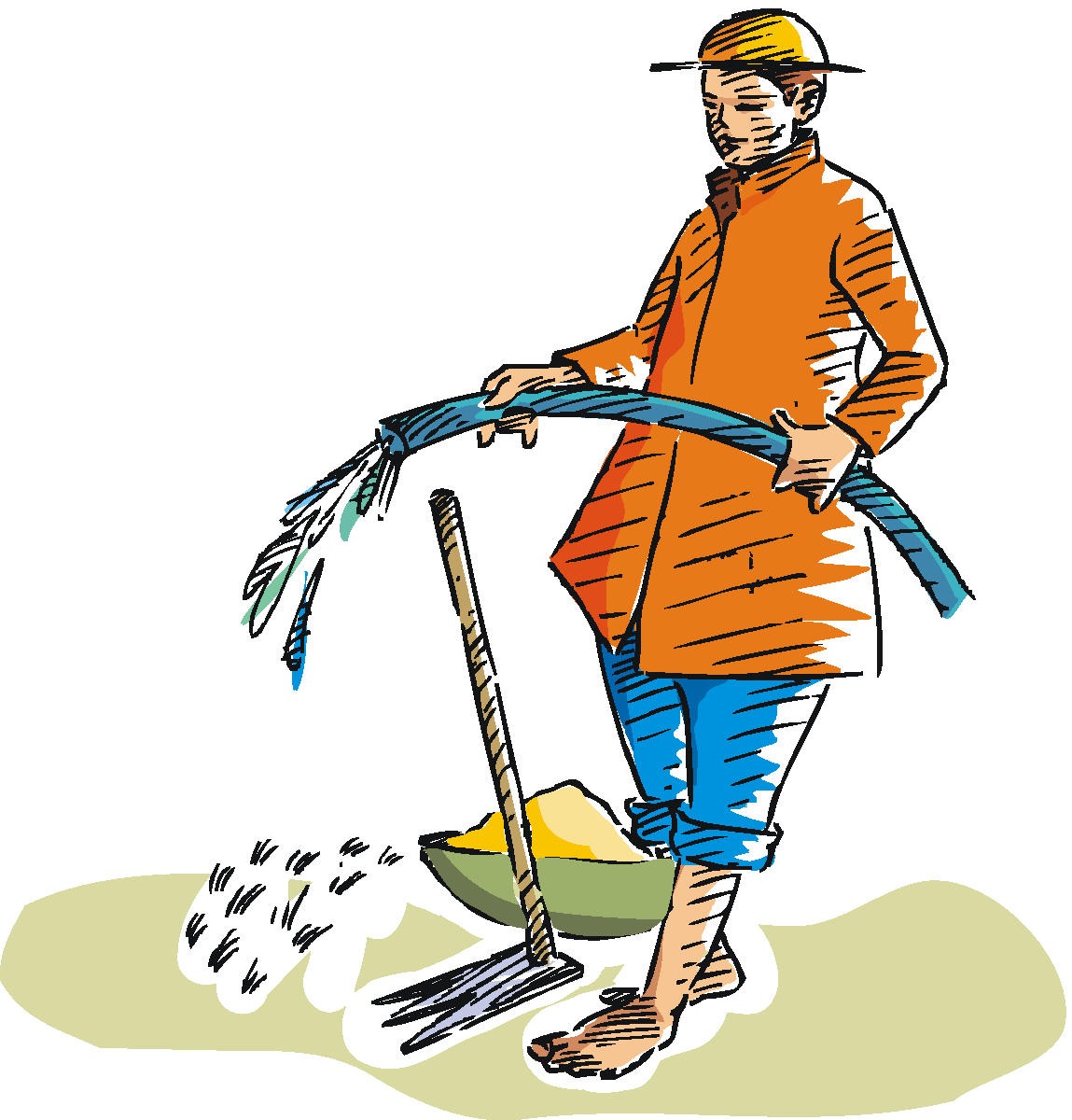Genesis 28:22, I will surely give the tenth. To whom would Jacob ultimately tithe? We don’t know, but Jacob may have been making a prophecy about his descendants bringing their tithes and offerings to the house of El or the temple that would eventually be built on that exact spot.
Jacob’s dream in Genesis 28 was his first, life-changing personal encounter with the Elohim of his fathers (Gen 28:10ff). What was his response? It was to serve YHVH and to worship him by giving him one-tenth (a tithe) of his increase (verse 22). What prompted this response on Jacob’s part? Why was such a response appropriate?
When did you have your first encounter with your Heavenly Father and Master? In following the example of Jacob, have you faithfully used the first fruits of your increase to honor, worship and express your gratitude to him ever since? If not, why not? Scripture calls not tithing “robbing Elohim” and that as a result a curse may be on your finances (see Mal 3:8–11). Proverbs 3:9 lays out a solid truth about how tithing is a form of worshipping the Creator. “Honour [glorify] YHVH with thy substance, and with the first fruits of all thine increase, so shall thy barns be filled with plenty, and thy presses shall burst out with new wine.”
The Scriptures reveal the importance of the spiritual law of reciprocity; namely, you reap what you sow (Gen 8:22; Gal 6:7–9). If you don’t sow you will not reap. If you sow evil or good you will reap the same. Jacob had to learn this law the hard way. In Job 4:8 we read, “Even as I have seen, they that plow iniquity, and sow wickedness, reap the same.”
Jacob gained the birthright through posing as Esau (a deception) and Laban in turn deceives Jacob by putting Leah under the veil posing as Rachel in Jacob’s marriage bed. It is very easy to see the principle of reaping and sowing in others’ lives, but can we see it in our own life? This is very difficult to do! Aren’t we prone to concoct every excuse and argument imaginable to justify our sinful actions and then blame the results on others? Prayerfully take a long and hard look at your life, examine hardships and trials, and honestly ask yourself the question: Am I reaping what I have sown? It is never too late to repent and make a course correction—to bring your life into agreement with YHVH’s Word and will, so you can start reaping Elohim’s blessings.
Honesty, patience and submission to authority are fruits of righteousness. What did YHVH have to teach Jacob about these fruits of the Spirit? Jacob was impatient in submitting to YHVH’s will and waiting for the birthright to come to him in a righteous way. How did YHVH use Laban to correct these character flaws in Jacob? Jacob had to go into the Babylonian world for a season in order to be refined before being ready to be a patriarch worthy of honor and an example of righteousness as the father of the twelve tribes of Israel.
What is YHVH allowing you to go through to refine you of character flaws and defects to prepare you for the future mission he has for you? Are you submitting to his refining fires that are burning the wood, hay and stubble out of your life (1 Cor 3:12–15), or are you resisting him thereby forcing him to “turn up the heat” of his discipline to help you “to get the point” and learn your lesson? (Read Heb 12:5–15.)
Jacob was forced to go east (toward Babylon) as a form of exile and punishment for his sins. After serving as a bondservant to Laban for 20 years, he returned westward to Canaan, the land of promise. This eastward-westward movement was a pattern followed by Jacob’s descendants later on several occasions. Even Abraham left Babylon and went west to Canaan. What are the prophetic implications of this in the end times when YHVH is calling his people to “come out” of spiritual Babylon (Rev 18:4)?
Jacob builds a complete family in “exile” consisting of twelve tribal leaders. To return to the Promised Land of Canaan, he had to encounter Esau (or Edom) who is the father of many of the modern day Arab peoples. What is this a prophetic picture of? Did history repeat itself when the Jewish exilic remnant again encountered Esau’s descendants when they come back from Babylon under Ezra and Nehemiah? Isn’t this same thing happening again in our time as the exiled Jews return to Israel—their ancestral and Elohim-given homeland? Who currently is opposing their return and is openly vowing to annihilate them? Consider Edom’s opposition to Jacob past, present and future. What (or who) is really behind this opposition to Israel’s (Jacob’s) inheriting his birthright that includes a land inheritance whose borders are from Egypt to the Euphrates River in modern Iraq?
Jacob vowing to tithe to Elohim was his acknowledging his submission to Elohim and to his will—that Elohim was the Lord over his life. Complete submission to Elohim came hard for Jacob. The same is true for us, and when we tithe this is an act of worship of Elohim and acknowledgement that we have come to a higher place of surrender in our lives.


